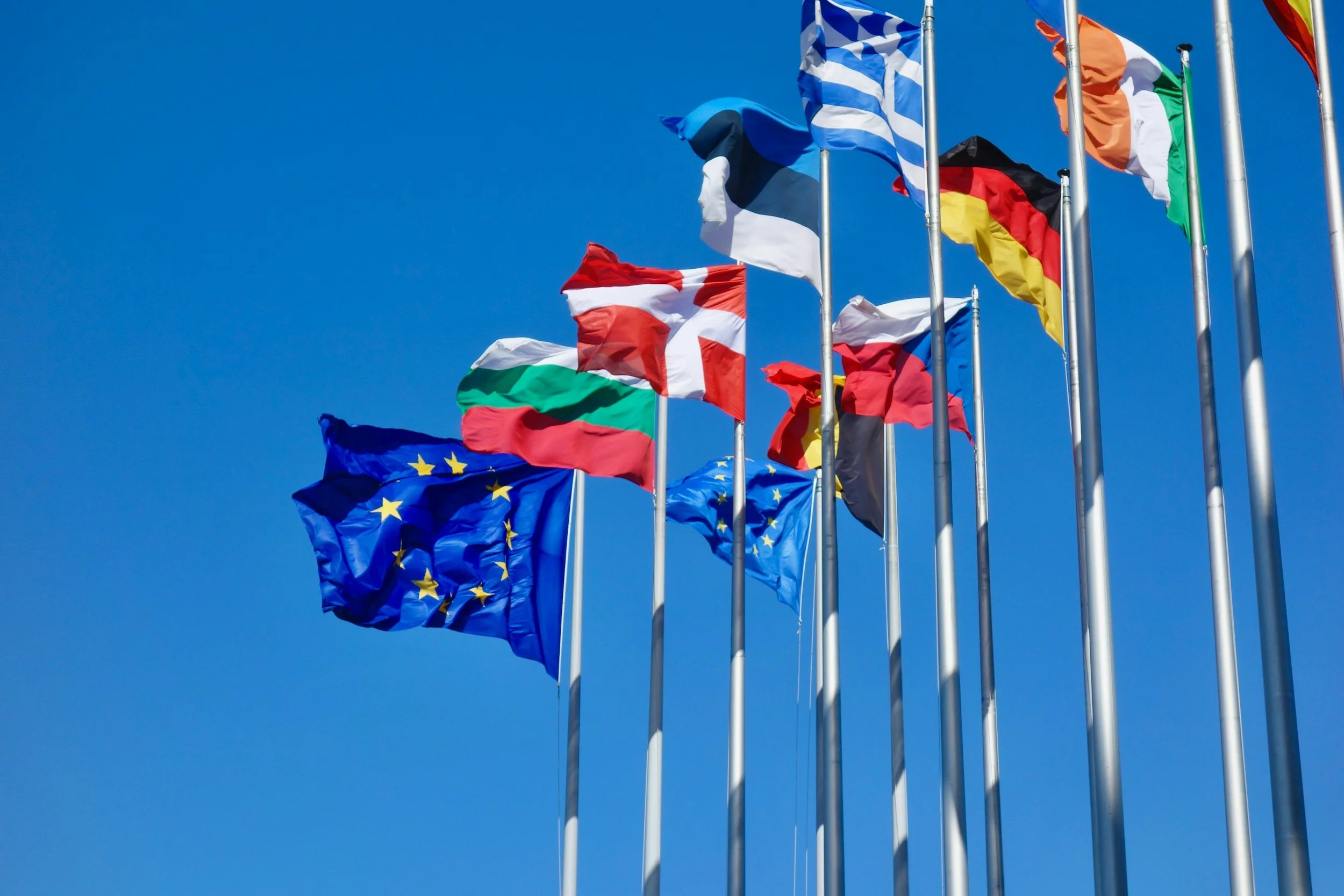UNESCO to Host Global AI Ethics Forum in Bangkok, Advancing Responsible AI Governance

Image Credit: Florian Wehde | Splash
The United Nations Educational, Scientific and Cultural Organization (UNESCO), together with Thailand’s Ministry of Digital Economy and Society, Ministry of Higher Education, Science, Research and Innovation, and Ministry of Education, will host the 3rd Global Forum on the Ethics of Artificial Intelligence in Bangkok, Thailand, from June 24 to 27, 2025. The event, themed “Ethical Governance of AI in Motion”, aims to advance the implementation of UNESCO’s global framework for ethical AI, bringing together policymakers, experts, and civil society representatives from around the world.
Background and Context
UNESCO’s 2021 Recommendation on the Ethics of Artificial Intelligence is the world’s first global standard on AI ethics, adopted unanimously by UNESCO’s 193 Member States. The Recommendation outlines core values and principles, such as human rights, transparency, fairness, and human oversight, intended to guide the responsible development and deployment of AI technologies. The framework addresses potential risks including algorithmic bias, privacy infringements, disinformation, and the amplification of existing inequalities, while supporting positive uses of AI in sectors like healthcare, education, and sustainability. Tools developed by UNESCO, such as the Readiness Assessment Methodology and Ethical Impact Assessment, help countries translate these principles into practice.
Previous editions of the Global Forum were held in Prague (2022), focusing on inclusion, and in Kranj, Slovenia (2024), emphasizing international collaboration. The Bangkok forum aims to assess progress, foster best practices, and promote effective governance of AI based on the Recommendation.
Key Objectives
The 2025 forum will convene government officials, AI practitioners, academics, and representatives from industry and civil society. Discussions will center on integrating AI ethics into national strategies, safeguarding human rights, promoting gender equality, and ensuring that AI contributes to the United Nations’ Sustainable Development Goals. The event will also spotlight ongoing initiatives, such as the Global AI Ethics Observatory and the AI Ethics Experts without Borders Network.
Developments and Activities
Spanning four days, the program includes high-level sessions with ministers and senior officials, expert-led panels on topics like equity and accessibility, and interactive workshops. Special attention will be paid to challenges such as addressing gender bias in AI and making AI accessible to persons with disabilities. Thailand’s role as host underlines its commitment to regional AI leadership, with plans announced for establishing ASEAN’s first AI Governance Practice Center. The forum is expected to attract more than 800 participants representing UNESCO’s global membership, encouraging broad international cooperation.
Call for Papers
The forum has issued a global call for papers, inviting scholars, professionals, and students to submit abstracts in English (500–1,000 words) by May 1, 2025. Submissions should focus on AI governance, ethical design, or societal impacts, including gender equality and digital accessibility. Accepted papers will be presented at the forum in workshops or poster sessions, and selected full papers will be considered for academic publication in late 2025 or early 2026.
Strengths of the Forum
Global Cooperation: The event provides a unique platform for collaboration among governments, experts, and civil society to address ethical challenges in AI.
Human-Centered Principles: By prioritizing inclusivity and human rights, the forum promotes the responsible and equitable development of AI.
Practical Support: UNESCO’s tools, such as the AI Ethics Observatory, offer actionable resources for countries aiming to strengthen AI governance.
Regional Innovation: Thailand’s planned AI Governance Practice Center highlights regional efforts to lead in ethical AI adoption.
Challenges and Limitations
Implementation Gaps: Many countries, especially in the Global South, face capacity and resource constraints that may hinder the effective application of ethical AI guidelines.
Private Sector Influence: Ensuring that partnerships with technology companies do not overshadow public interests remains an ongoing governance challenge.
Accessibility and Inclusion: Details about participation may limit access for smaller organizations and underrepresented groups, emphasizing the need for broader engagement.
Non-Binding Framework: While UNESCO’s recommendations provide global guidance, their non-binding nature means actual enforcement relies on national policies and political will.
Source: PattayaMail, Unesco
We are a leading AI-focused digital news platform, combining AI-generated reporting with human editorial oversight. By aggregating and synthesizing the latest developments in AI — spanning innovation, technology, ethics, policy and business — we deliver timely, accurate and thought-provoking content.






































